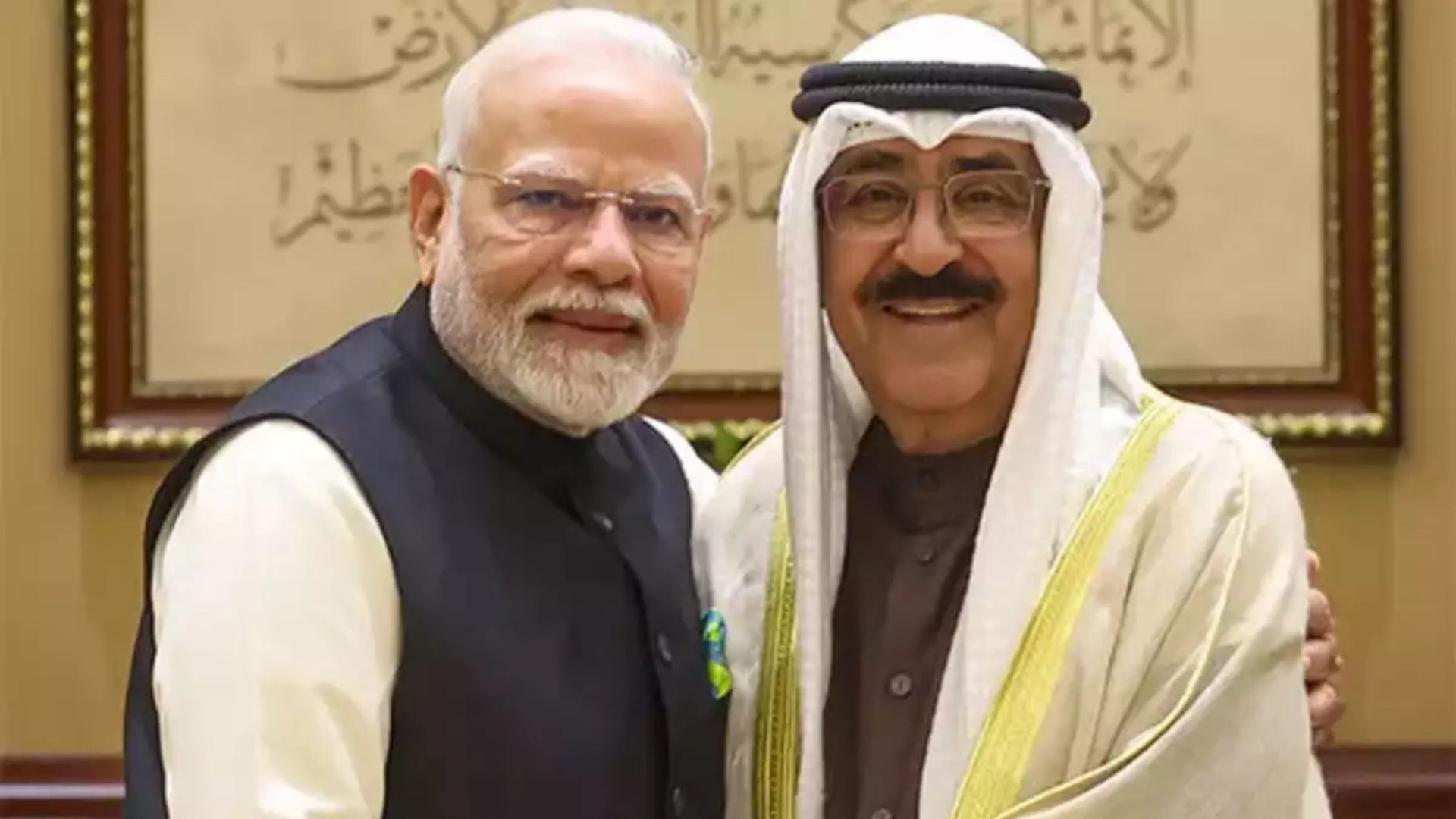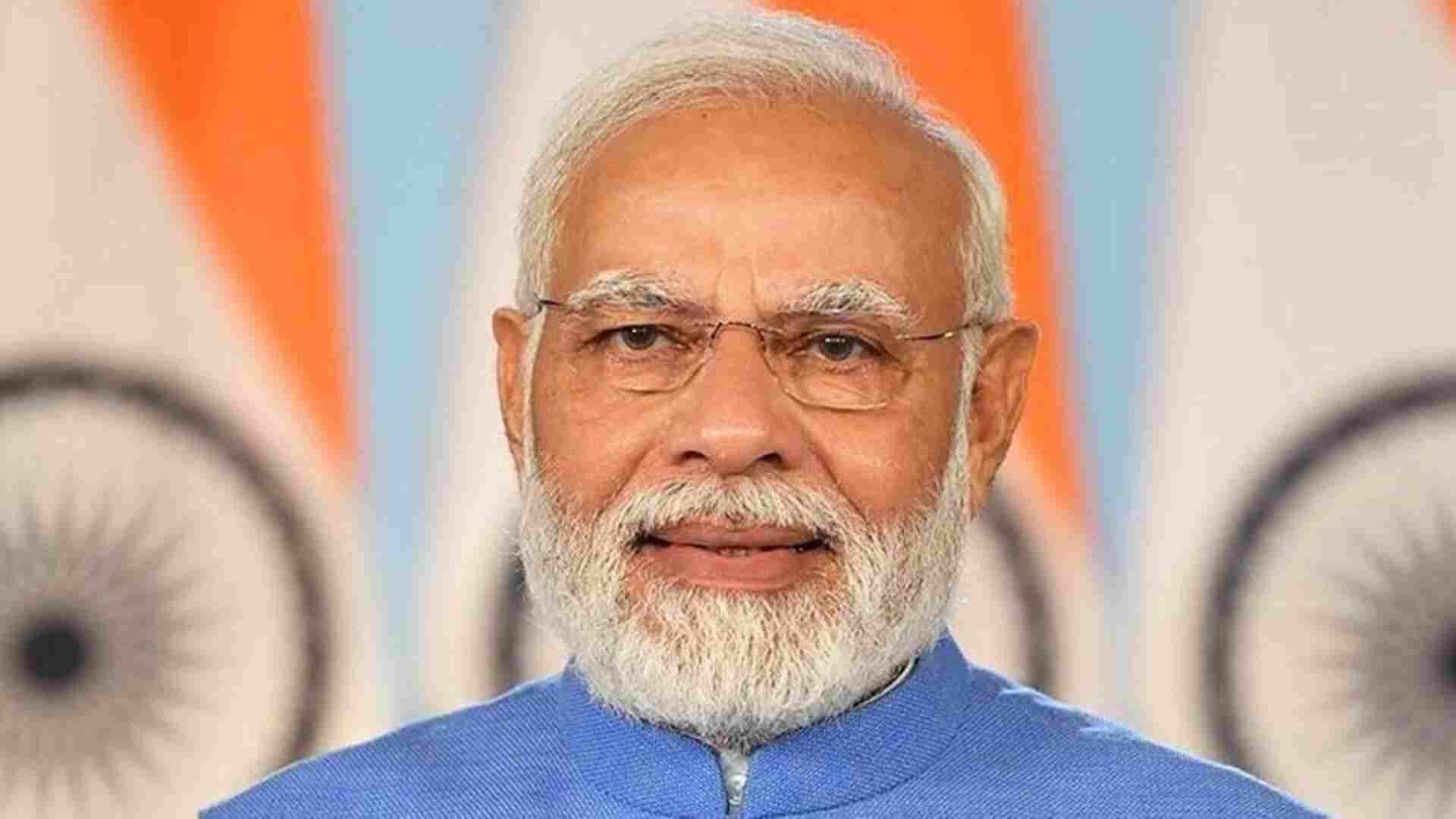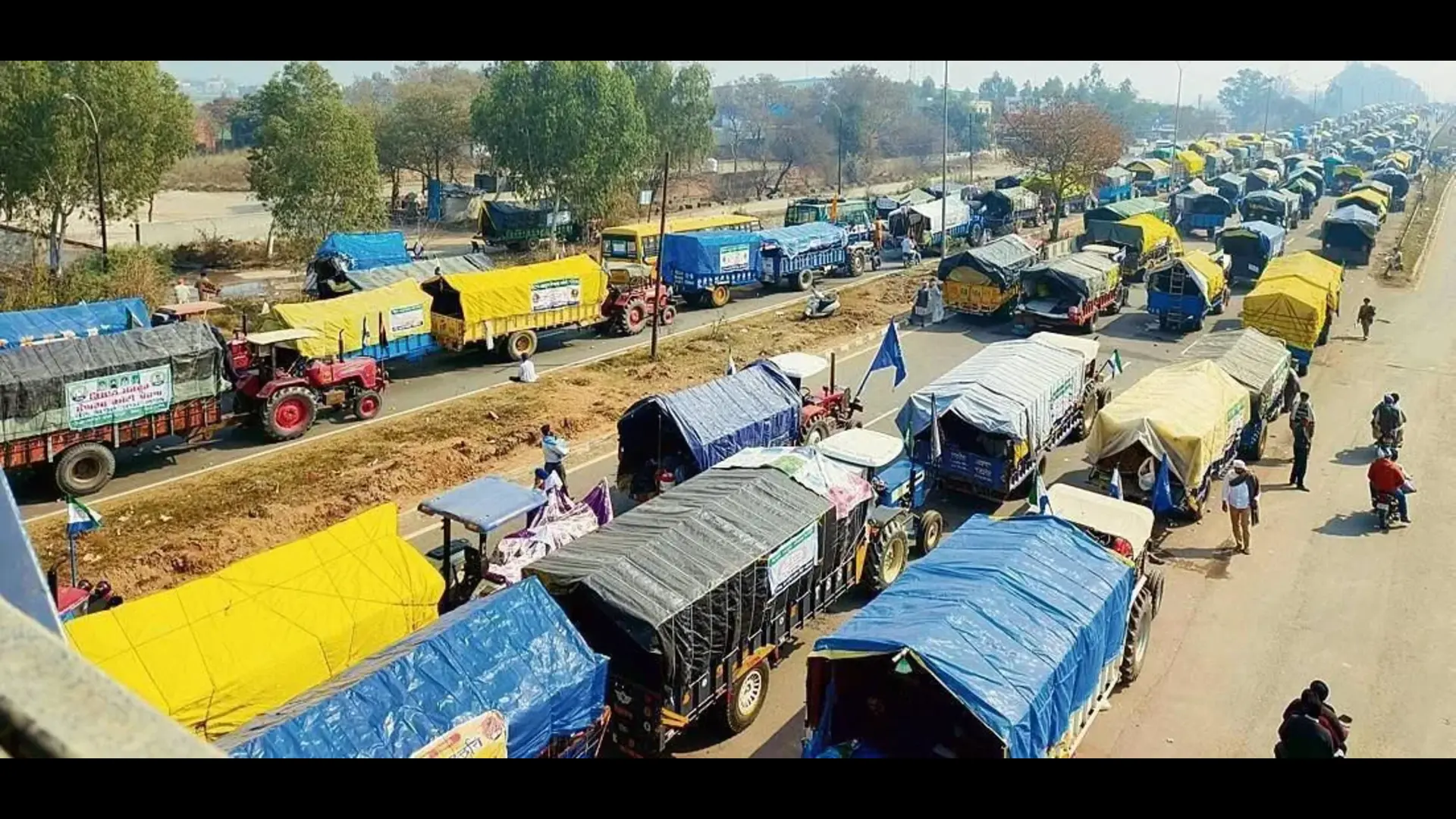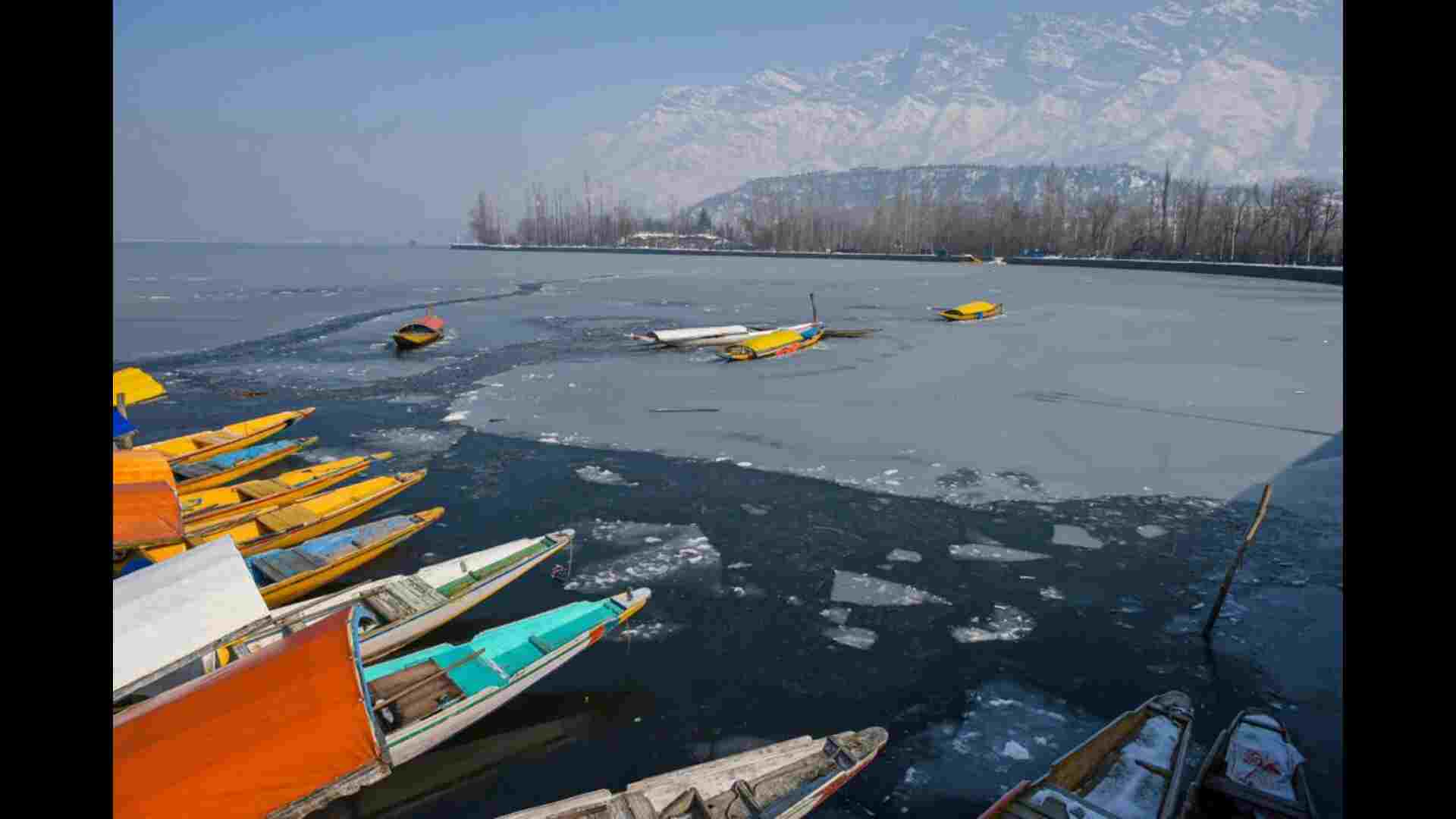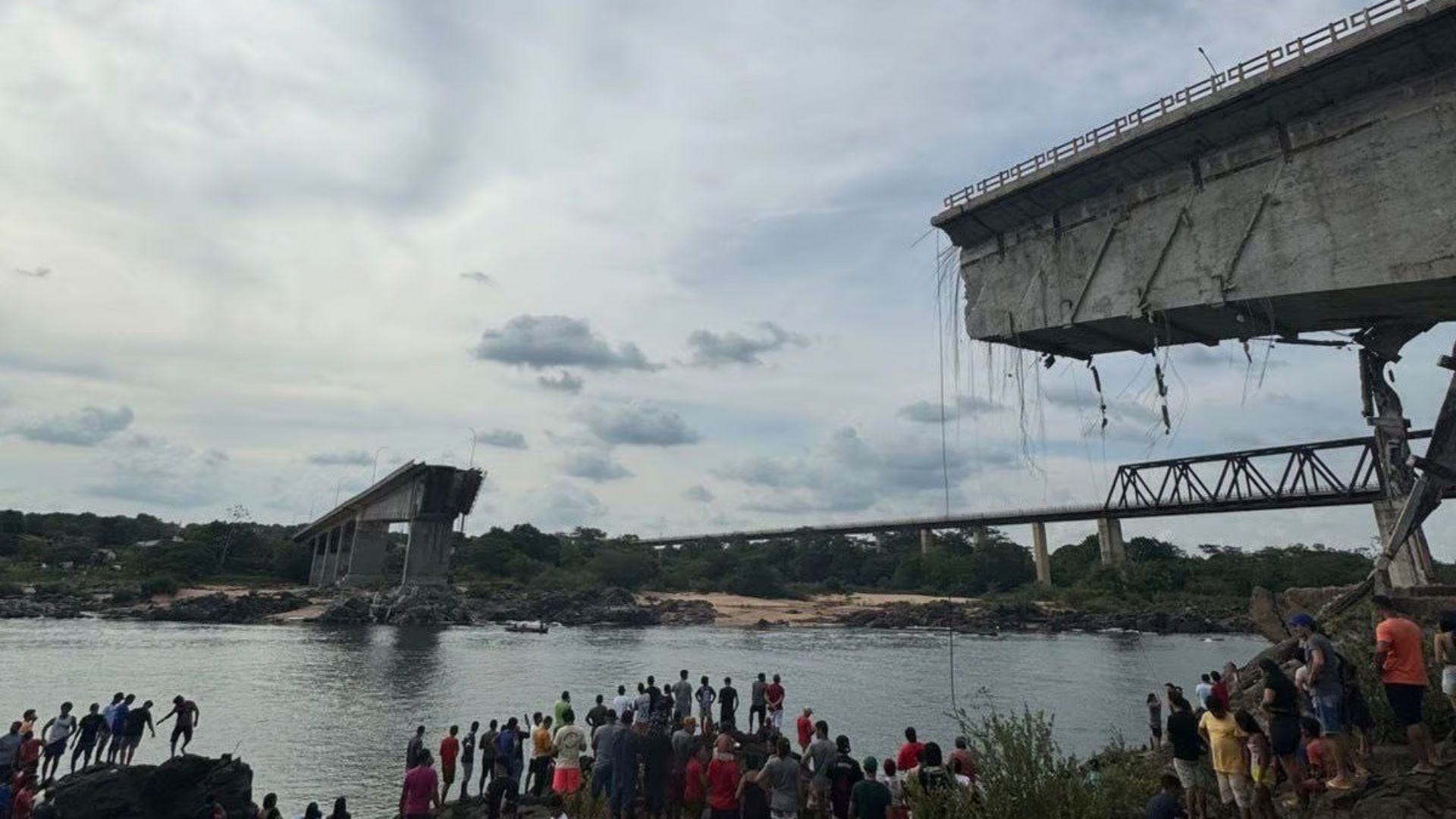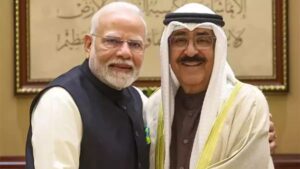Prime Minister Narendra Modi’s visit to Kuwait from December 21-22, at the invitation of His Highness Sheikh Meshal Al-Ahmad Al-Jaber Al-Sabah, the Amir of Kuwait, had been long anticipated. Delays had been caused by scheduling conflicts, the health of the late Amir, and the Indian election cycle. However, this visit underscores Kuwait’s significance in India’s foreign policy, reinforcing the importance of Gulf Cooperation Council (GCC) countries. Notably, the timing coincided with the first anniversary of the Amir’s assumption of office. During his trip, PM Modi engaged in in-depth discussions with the Amir, Crown Prince, and Prime Minister of Kuwait to explore ways to elevate bilateral ties.
Secretary of the Ministry of External Affairs (MEA), Arun Kumar Chatterjee, emphasized Kuwait as a crucial partner for India. Historically, the relationship has been affectionate, despite a brief period during the 1990s when Iraq invaded Kuwait and strained ties. India’s quick action to evacuate over 100,000 stranded citizens during the war reaffirmed this bond. However, high-level visits from India had been scarce for over four decades. Since 2008, India’s shift from the “Link West” to the “Act West” policy, especially under PM Modi’s leadership, has significantly enhanced diplomatic exchanges, closing this gap.
India’s engagement with Kuwait and the broader Gulf region has moved beyond transactional exchanges to a more strategic partnership. The Prime Minister’s visit marked the first visit of an Indian leader to Kuwait in 43 years, according to the MEA. PM Modi also highlighted the broader strategic goals shared by both nations, stating, “We are not just strong trade and energy partners, but also have shared interests in peace, security, stability, and prosperity in the West Asia region.” Given the region’s volatile dynamics, such consultations are critical for ensuring regional stability, which in turn impacts India’s own security.
Kuwaiti commentator Hala Al Makimi wrote that PM Modi’s visit would bring renewed hope and foster peace in the region, heralding a new chapter in India-Kuwait relations, as both countries share common goals for global peace and stability. This has led to the elevation of the bilateral relationship to a “strategic partnership,” a sentiment echoed by PM Modi in his tweet: “In line with the close ties between our nations, we have elevated our partnership to a strategic one, and I am optimistic that our friendship will flourish even more in the times to come.”
The visit is especially significant given the longstanding affection between India and Kuwait, which dates back to personal experiences, including those of the writer, who first visited Kuwait as an Air India crew member and later as a diplomat. High-level visits, such as the December 2024 visit of the Kuwaiti Foreign Minister to India, have further solidified this bond. During this visit, a new memorandum of understanding (MoU) was signed to establish a joint committee at the level of foreign ministers, alongside several new Joint Working Groups covering areas like trade, technology, defence, and security, among others. PM Modi was also honored with Kuwait’s highest award, the Order of Mubarak Al-Kabeer.
Bilateral ties between India and Kuwait are underpinned by robust institutional cooperation, with over two dozen agreements spanning various sectors. Trade, energy security, defence, and cultural ties remain central to the partnership. Kuwait continues to be a vital supplier of crude oil and liquefied natural gas to India, accounting for nearly 3% of India’s energy needs. Additionally, Kuwait has invested over $10 billion in various sectors, with further potential for growth through its sovereign wealth fund. The reintroduction of the Indian Rupee as a legal tender in Kuwait until the 1960s and the potential for expanding the use of India’s Unified Payments Interface (UPI) could further enhance economic ties.
Trade relations between the two nations are strong, with bilateral trade surpassing $10 billion. The recent signing of a Bilateral Investment Treaty (BIPPA) is expected to boost investor confidence and create more opportunities for collaboration, especially in infrastructure projects. Kuwait’s participation in the International Solar Alliance (ISA) will also open avenues for cooperation in renewable energy.
Kuwait’s role as the chair of the GCC is crucial, especially as India focuses on its regional approach, including the relaunch of negotiations for a Free Trade Agreement (FTA) with the GCC. Kuwait’s mediation during the Qatar blockade demonstrates its leadership in fostering regional cooperation, and its influence can accelerate the India-GCC dynamic, which is critical for initiatives such as the India-Middle East-Europe Corridor project.
Kuwait’s political system, often described as the “noisiest” democracy in the region, is a strength that resonates with India’s own democratic ethos. While sensitivities, particularly around religion, must be navigated carefully, Kuwait’s government has shown respect for India’s concerns and interests.
Defence cooperation is also progressing, with regular exchanges of Indian naval ships and a growing interest in Indian military expertise. An MoU for Defence Cooperation has been established, focusing on joint exercises, personnel exchanges, defence industry collaboration, and research and development.
The large Indian diaspora in Kuwait plays a vital role in the country’s development, and their welfare remains a priority for India. PM Modi’s address to the Indian community, alongside his appreciation for Kuwait’s efforts during the tragic fire that claimed the lives of over fifty Indian workers, demonstrates the strong people-to-people ties between the two countries. Additionally, the “Hala Modi” event was a success, with PM Modi urging greater collaboration in innovation and smart development.
Both countries are aligned in their visions for the future. Kuwait’s Vision 2035 and India’s aspirations for becoming a “Viksit Bharat by 2047” through the philosophy of Vasudhaiva Kutumbakam (the world is one family) can complement each other as both nations work towards achieving their respective goals, fostering a mutually sustaining partnership.

